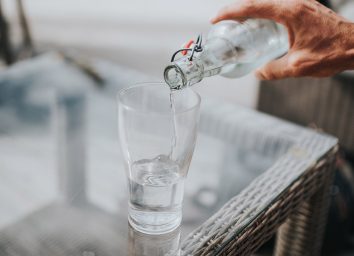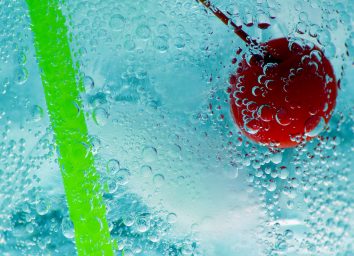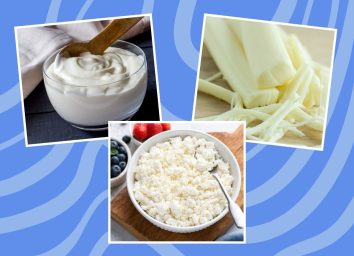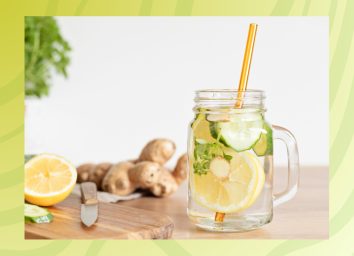Drinking This Daily Could Prevent Major Heart Complications, New Study Says
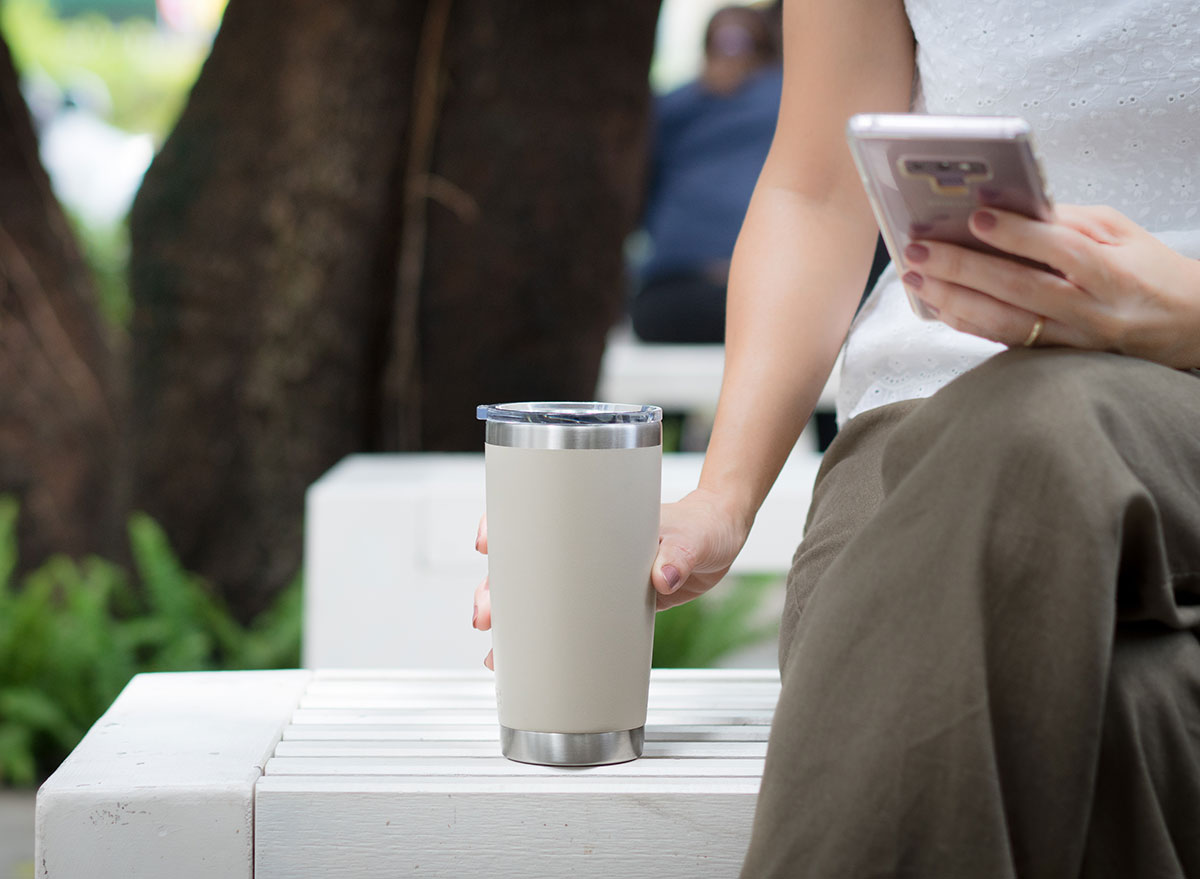
Reducing your risk of heart failure may be as easy as keeping your body hydrated with water, new research suggests.
Researchers from the National Heart, Lung, and Blood Institute (part of the National Institutes of Health) presented their latest study during this year's European Society of Cardiology Congress, which analyzed whether serum sodium concentration in middle age—an indication of hydration—is linked with a future diagnosis of heart failure. When you drink fewer fluids, your concentration of serum sodium increases.
The authors also looked at any possible connections between hydration and thickening of the walls of the heart's main pumping chamber (also known as left ventricular hypertrophy), a condition that could lead to heart failure.
The trial involved 15,792 adults, ages 44 to 66, who were examined over a 25-year period during five separate visits. The volunteers were divided into four groups based on their average level of serum sodium concentration.
At the conclusion of the study, the investigators took into account other common risk factors for heart failure and left ventricular hypertrophy, such as age, blood pressure, kidney function, blood cholesterol, blood glucose, body mass index, sex, and smoking status.
What did the study reveal about drinking water and heart failure risk?
Here's what the researchers discovered: Every 1 mmol (millimoles per liter)/l increase in serum sodium concentration in midlife was associated with an increased risk of developing left ventricular hypertrophy and heart failure 25 years after the fact.
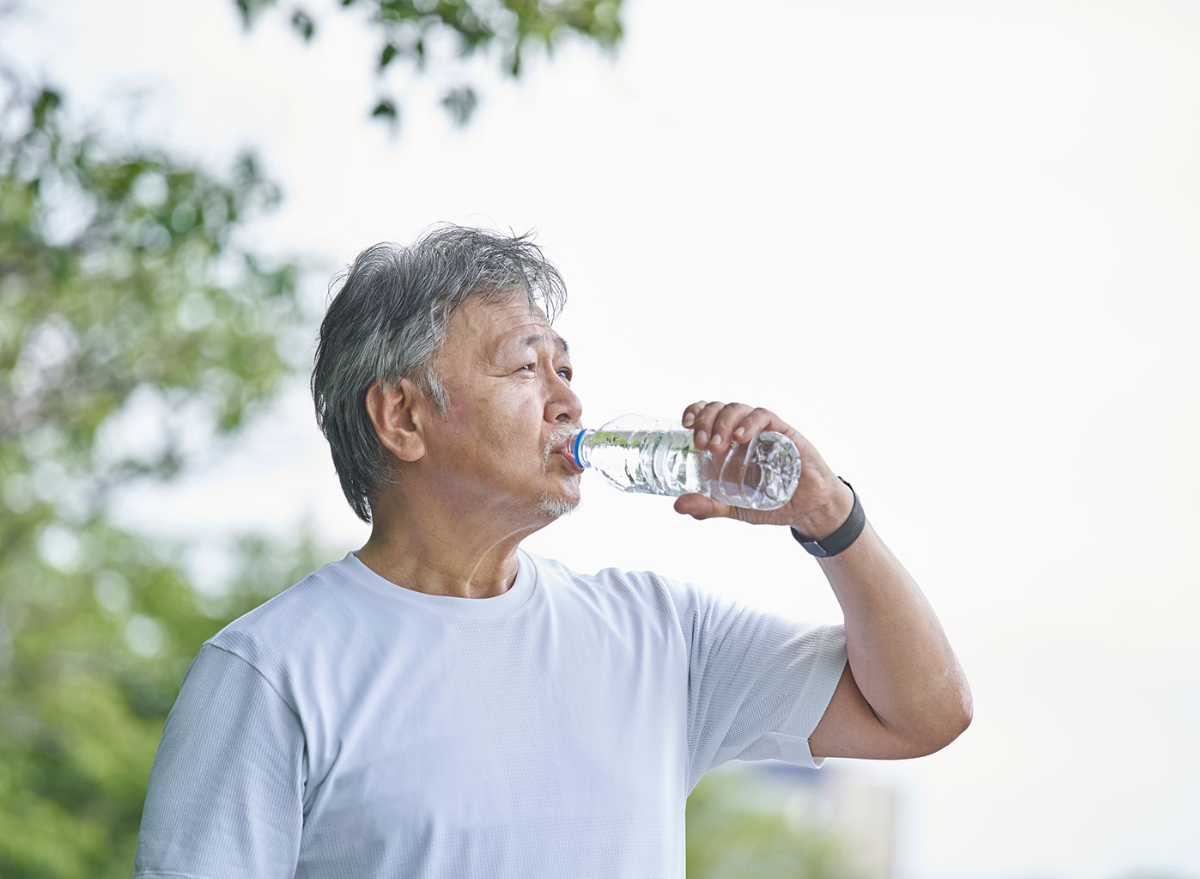
"The findings indicate that we need to pay attention to the amount of fluid we consume every day and take action if we find that we drink too little," stated study author Natalia Dmitrieva, Ph.D. in a press release.
"When you consider that fluid plays a major role in the composition of blood, it would make sense that consuming adequate water can help promote overall heart health including the flow of blood, blood pressure, and functionality of the heart," says Mandy Enright, MS, RDN, RYT, the FOOD + MOVEMENT Dietitian and author of "30-Minute Weight Loss Cookbook."
She explains that if we're chronically dehydrated, the body's response is to retain water—a reaction that could eventually result in heart failure. "Also, consuming adequate water helps to dilute sodium levels in the blood," she adds. "If there is too much sodium in the blood, this can lead to increased risk of elevated blood pressure, heart attack, stroke, or heart failure."
How much water should you be drinking daily?
The U.S. National Academies of Sciences, Engineering, and Medicine suggests that an adequate daily fluid intake for men is approximately 15.5 cups (3.7 liters), while women need about 11.5 cups (2.7 liters) of fluid each day. "I often recommend that most adults should at least aim to consume 64 ounces of water a day or about eight, 8-ounce glasses," says Enright.
Now here's some not-so-plain news: She says that while clean H2O is considered the best way to hydrate, it's not our only option. "You can also get fluids from seltzer, sparkling water, unsweetened low-caffeinated tea, low-fat dairy, nonfat dairy, and non-dairy alternatives, as well as fruits and vegetables."
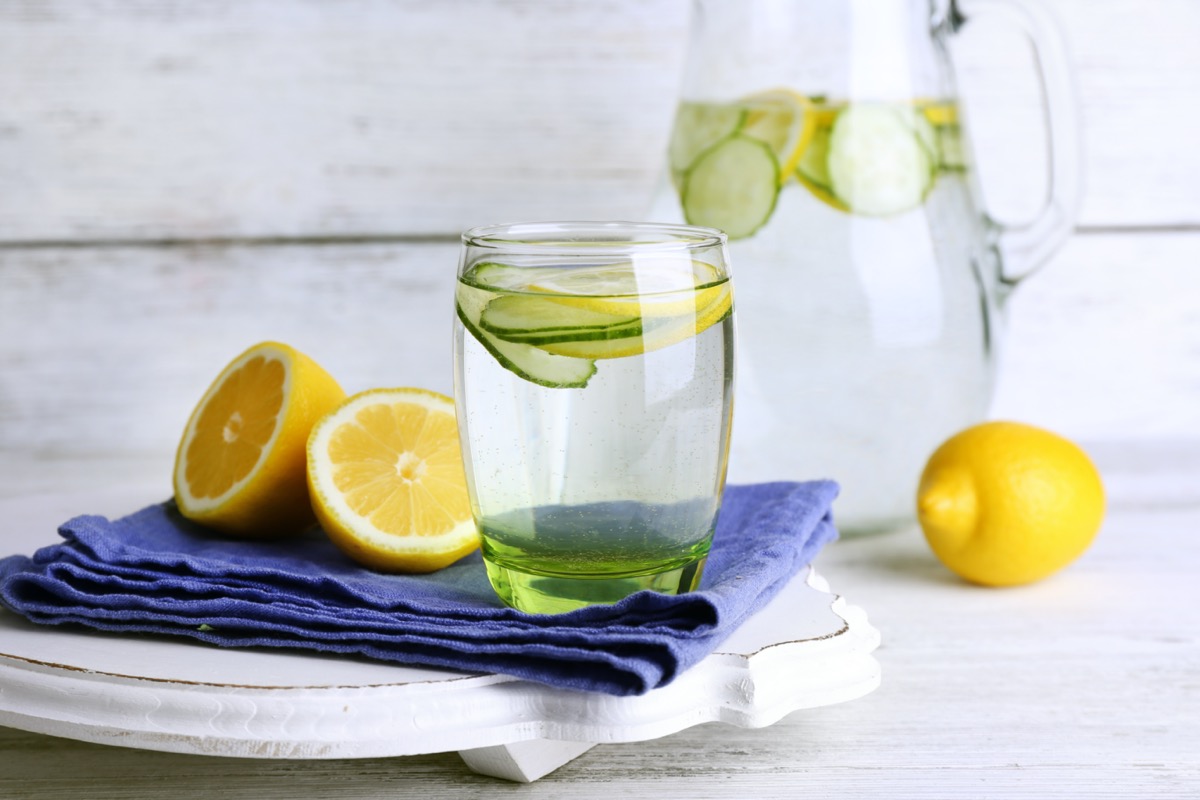
If you're looking for ways to jazz up an ordinary glass of water, Enright suggests infusing your beverage with fruits (like berries), veggies (such as cucumbers), and herbs (try a little mint). Lemon water is another great option. And if you're trying to boost your daily water intake, consider challenging yourself.
"Keep a refillable water bottle handy and set goals for how many of those bottles you should consume each day," she advises. "For example, I have a 24-ounce water bottle, so my goal is to drink three of those a day."
Competitive people may also enjoy keeping score.
"I have a whiteboard in my office and I draw eight hash marks on it each morning," says Enright. "Every time I drink a cup of tea or finish my water bottle, I erase one hash mark. It's a fun way to show progress during the day, along with a reminder on days when I may need to drink more water."
And for those who prefer tracking their daily water consumption on their phones, there's an app for that. "Daily Water Tracker, Hydro Coach, and Water Minder are apps that can set up your goals, send alerts when it's time to drink water, and monitor your daily progress," says Enright.
Now, be sure to read, One Major Side Effect of Not Drinking Enough Water, Say Dietitians. Then, to get healthy tips delivered straight to your inbox, sign up for our newsletter!
